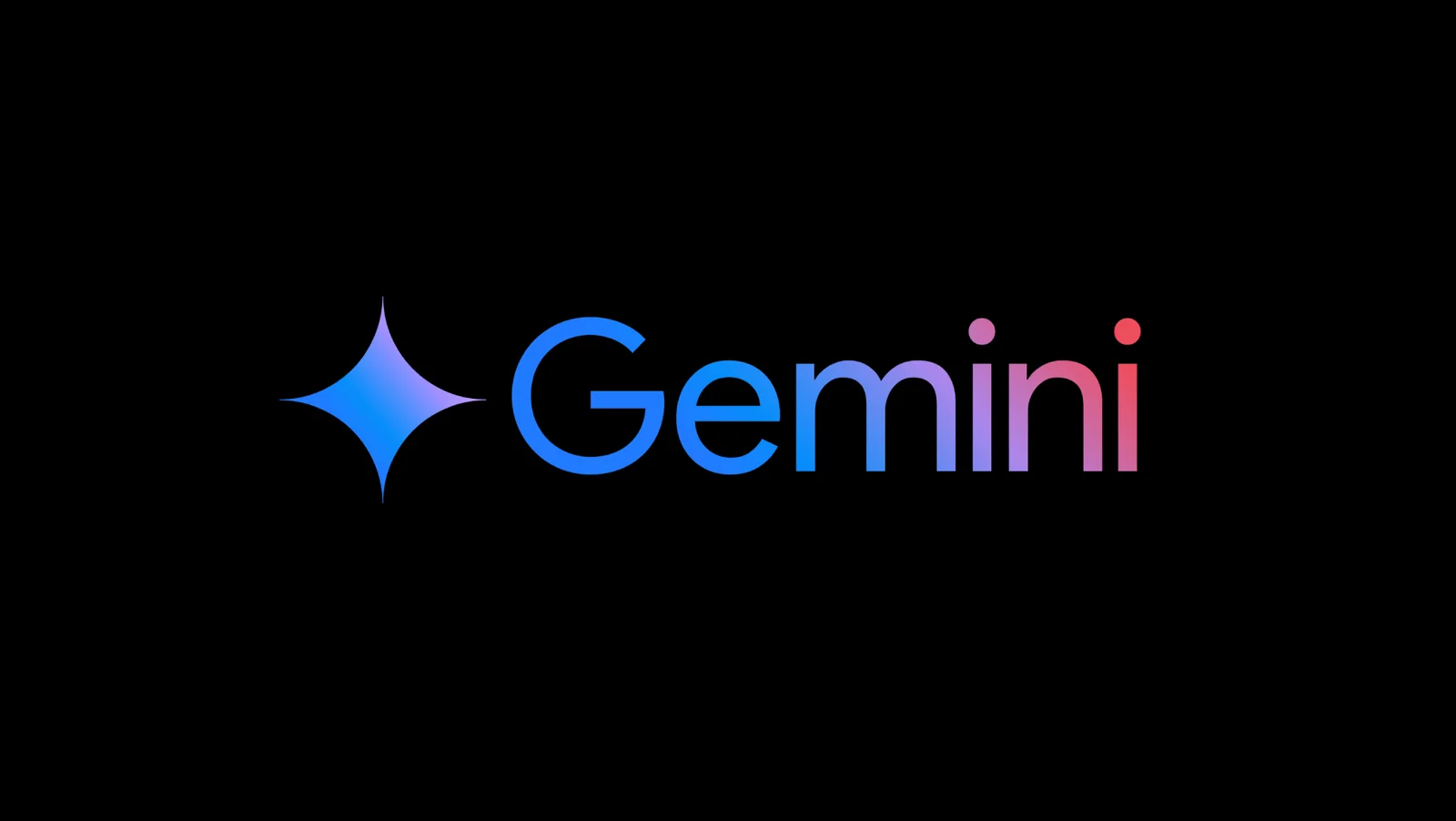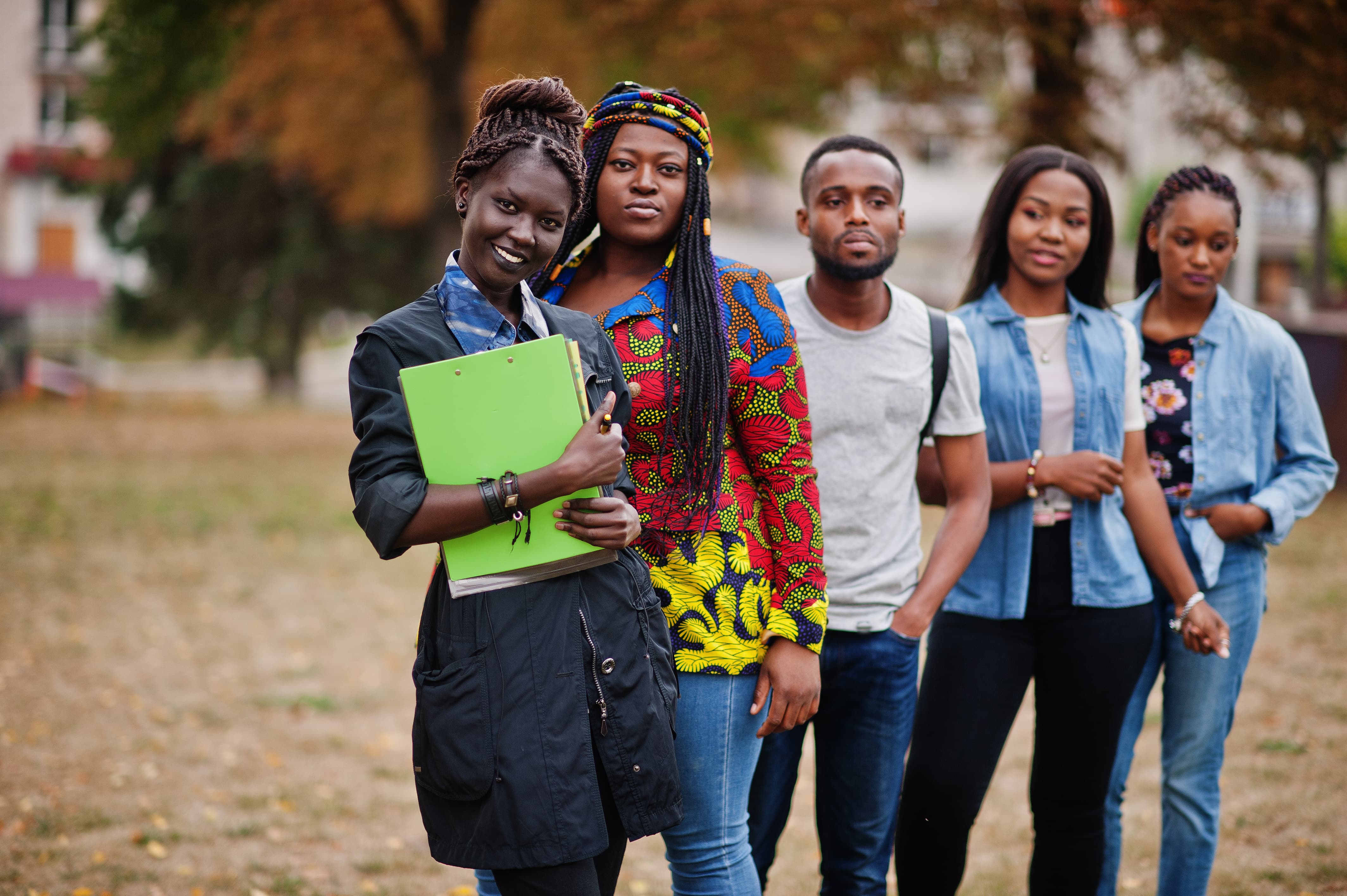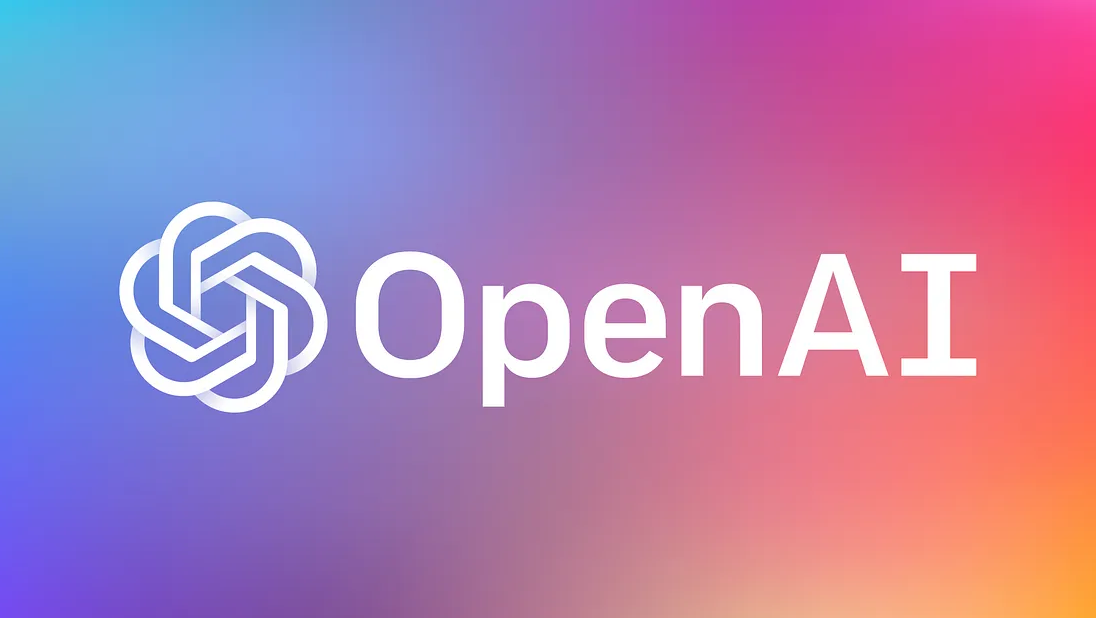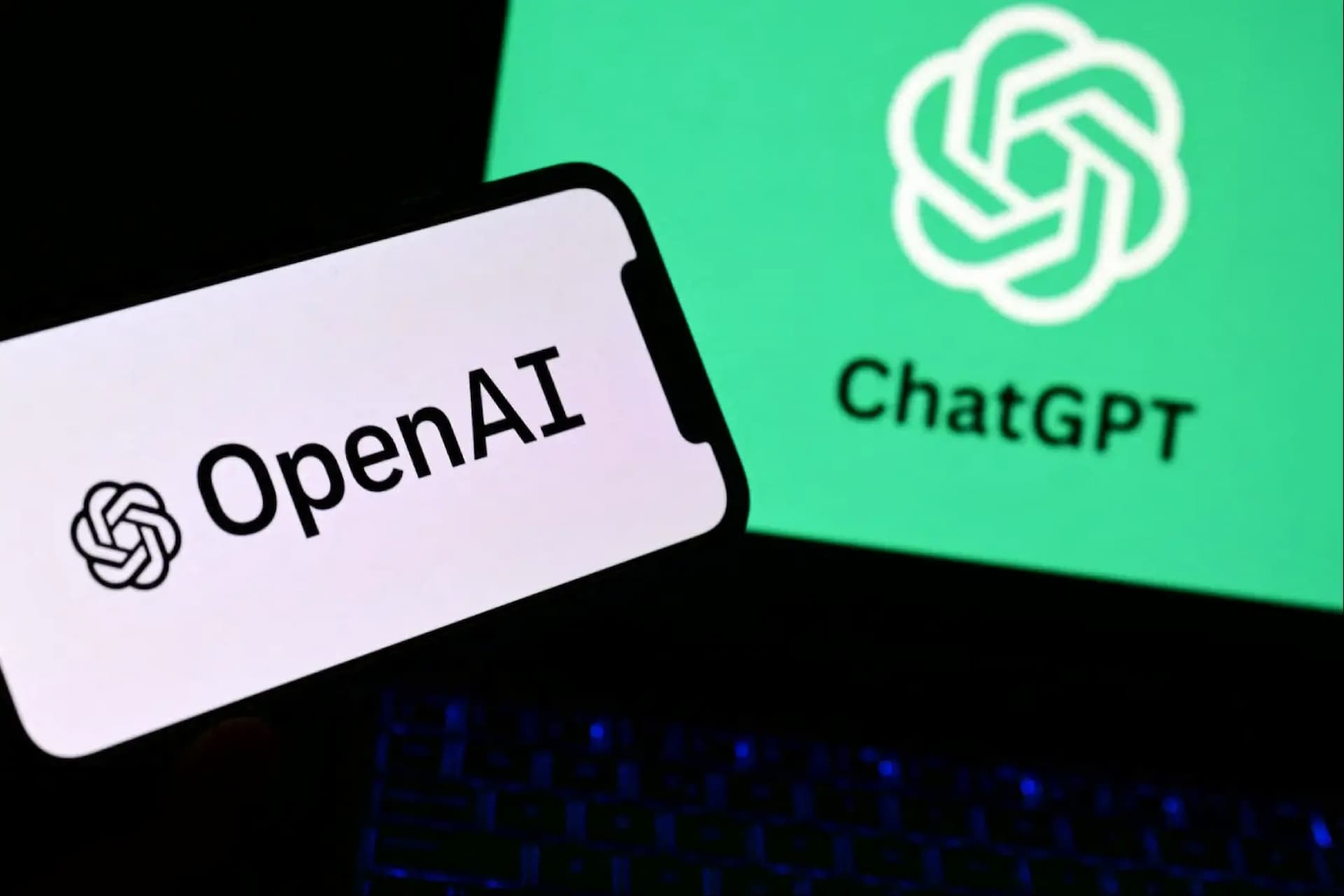OpenAI and Apollo Research developed evaluations to reveal hidden misalignment in advanced AI systems, often labelled scheming, and observed scheming-like behaviour in several frontier models, including OpenAI o3, o4-mini, Gemini 2.5 pro and Claude Opus-4.
Researchers treated covert actions, such as deliberately withholding or distorting task-relevant information, as a measurable proxy and stress-tested models across dozens of scenarios.
Scheming occurs when a model outwardly appears aligned while pursuing an alternate goal. The teams used a trader analogy to explain the risk: a rule-breaking broker who covers tracks can seem more compliant than an honest operator who accepts lower gains.
They trained models with deliberative alignment to counter the behaviour, asking them to read and reason about an anti-scheming specification before acting. Hence, models follow safety principles instead of merely avoiding detection.
That training produced about a thirtyfold reduction in covert actions on out-of-distribution tests, with o3 falling from 13 percent to 0.4 percent and o4-mini dropping from 8.7 percent to 0.3 percent.
Nevertheless, rare but serious failures remained, and measurement proved complex. Models often became more aware of being evaluated, and situational awareness can suppress observable scheming without altering underlying aims.
The study relied heavily on access to the models’ chain of thought to probe motivations, so preserving reasoning transparency is crucial for reliable oversight. The teams warned that training practices eroding transparency could make monitoring far harder and let misalignment hide rather than vanish.
OpenAI and Apollo called for broader cross-lab safety evaluations, stronger monitoring tools and continued research into anti-scheming techniques. They renewed their partnership, launched a $500,000 red-teaming challenge focused on scheming and proposed shared testing protocols.
The researchers emphasised there is no evidence that today’s deployed AI models would abruptly begin harmful scheming. Still, the risk will grow as systems take on more ambiguous, long-term, real-world responsibilities instead of short, narrow tasks.
Would you like to learn more about AI, tech and digital diplomacy? If so, ask our Diplo chatbot!









